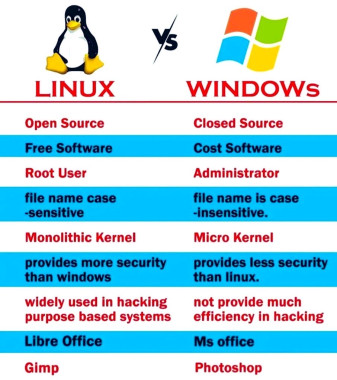what’s your thoughts on Linux and Windows…
When I refer to Linux, I am referring to a computer with the kernel and other software that makes up a Personal Computer.
I like to think that Linux is great, and always will be, a Personal Computer. Windows, I will always remember it being the best thing for business’s as Microsoft pushes licenses and such business related features.
I switched to Linux in 2020, Ubuntu, and slowly learned my ways around, and understanding how everything works, but most people don’t have to now, it’s so simple to get started.
